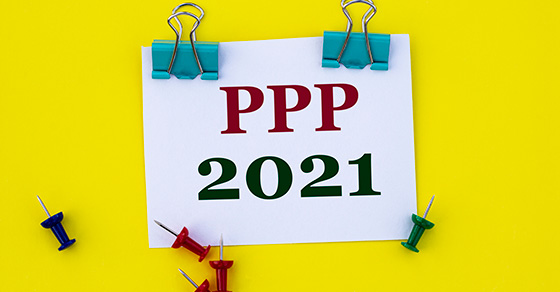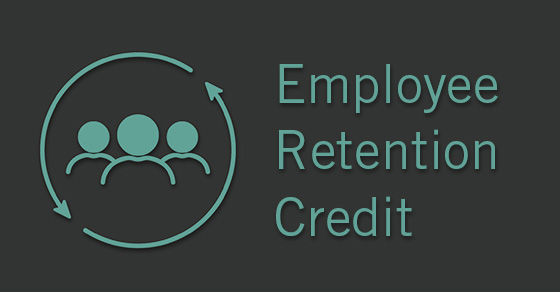Manageable growth should be a strategic planning focus
When a company’s leadership engages in strategic planning, growing the business is typically at the top of the agenda. This is as it should be — ambition is part and parcel of being a successful business owner. What’s more, in many industries, failing to grow could leave the company at the mercy of competitors.
Is it time for your business to fully digitize its accounts receivable?
With electronic payments and in-app purchases becoming so much the norm, many midsize to large companies have grown accustomed to software-driven accounts receivable. But there are some smaller businesses that continue to soldier on with only partially automated payment systems….
Standard business mileage rate will increase for the second half of 2022
The IRS recently announced that it’ll increase the standard mileage rate for qualified business driving for the second half of 2022. The adjustment reflects the soaring cost of gasoline this year. In fact, as of June 13, the nationwide average…
Tighten up billing and collections to mitigate economic uncertainties
While many economic indicators remain strong, the U.S. economy is still giving business owners plenty to think about. The nation’s gross domestic product unexpectedly contracted in the first quarter of 2022. Rising inflation is on everyone’s mind.
5 ways to control your business insurance costs
Common sense dictates that every company, no matter how small, should carry various forms of business insurance. But that doesn’t mean you should pay unnecessarily high premiums just to retain the coverage you need. Here are five ways to better control your insurance costs without sacrificing the quality of your policies:
Review your strategic plan … and look ahead
Business owners, year end is officially here. It may even be over by the time you read this. (If so, Happy New Year!) In any case, the end of one year and the beginning of another is always an optimal time to look back on the preceding 12 calendar months and ask a deceptively simple question: How’d we do?
Expanding succession planning beyond ownership
Business owners are regularly urged to create and update their succession plans. And rightfully so — in the event of an ownership change, a solid succession plan can help prevent conflicts and preserve the legacy you’ve spent years or decades building.
SBA streamlines forgiveness for smaller PPP loans
The Small Business Administration (SBA) has released new guidance intended to expedite the forgiveness process for certain borrowers under the Paycheck Protection Program (PPP). The simplified process generally is available for loans of $150,000 or less, which the SBA reports account for 93% of outstanding PPP loans. The guidance comes at a time when many borrowers are nearing a critical deadline regarding their applications for forgiveness.
IRS issues ERC guidance as Congress mulls early termination
The IRS has published new guidance on the Employee Retention Credit (ERC). The credit was created in March 2020 to encourage employers to keep their workforces intact during the COVID-19 pandemic. Notice 2021-49 addresses various issues, particularly those related to the extension of the credit through 2021 by the American Rescue Plan Act (ARPA).
Quickbooks Common Mistakes
An accounting system provides a clear view of the overall financial health of a company. Setting up an accounting process is important because it provides organization for a business, provides an understanding of a business’s cash flow needs, and can help identify and implement tax reduction strategies before year end.
Is your business underusing its accounting software?
Someone might have once told you that human beings use only 10% of our brains. The implication is that we have vast, untapped stores of cerebral power waiting to be discovered. In truth, this is a myth widely debunked by neurologists.
It’s never to early to start saving for retirement
Fun fact: A summer job may enable your teen to contribute to a Roth IRA.
Get serious about your strategic planning meetings
Most business owners would likely agree that strategic planning is important. Yet many companies rarely engage in active measures to gather and discuss strategy. Sometimes strategic planning is tacked on to a meeting about something else; other times it occurs only at the annual company retreat when employees may feel out of their element and perhaps not be fully focused.
PPP forgiveness and repayment: What businesses need to know now
A critical deadline is approaching for many of the businesses that have received loans under the Paycheck Protection Program (PPP), which was created in March 2020 by the CARES Act. If these borrowers don’t take action before the deadline expires, their loans will become standard loans, and the borrowers could be responsible for repaying the full amount plus 1% interest before the maturity date. In addition, some borrowers could face audits.
SBA issues interim final rule on PPP
On May 23, the Small Business Administration (SBA) issued an interim final rule for the Paycheck Protection Program (PPP) that included the loan forgiveness application guidance released May 15, as well as other updated guidance.
















